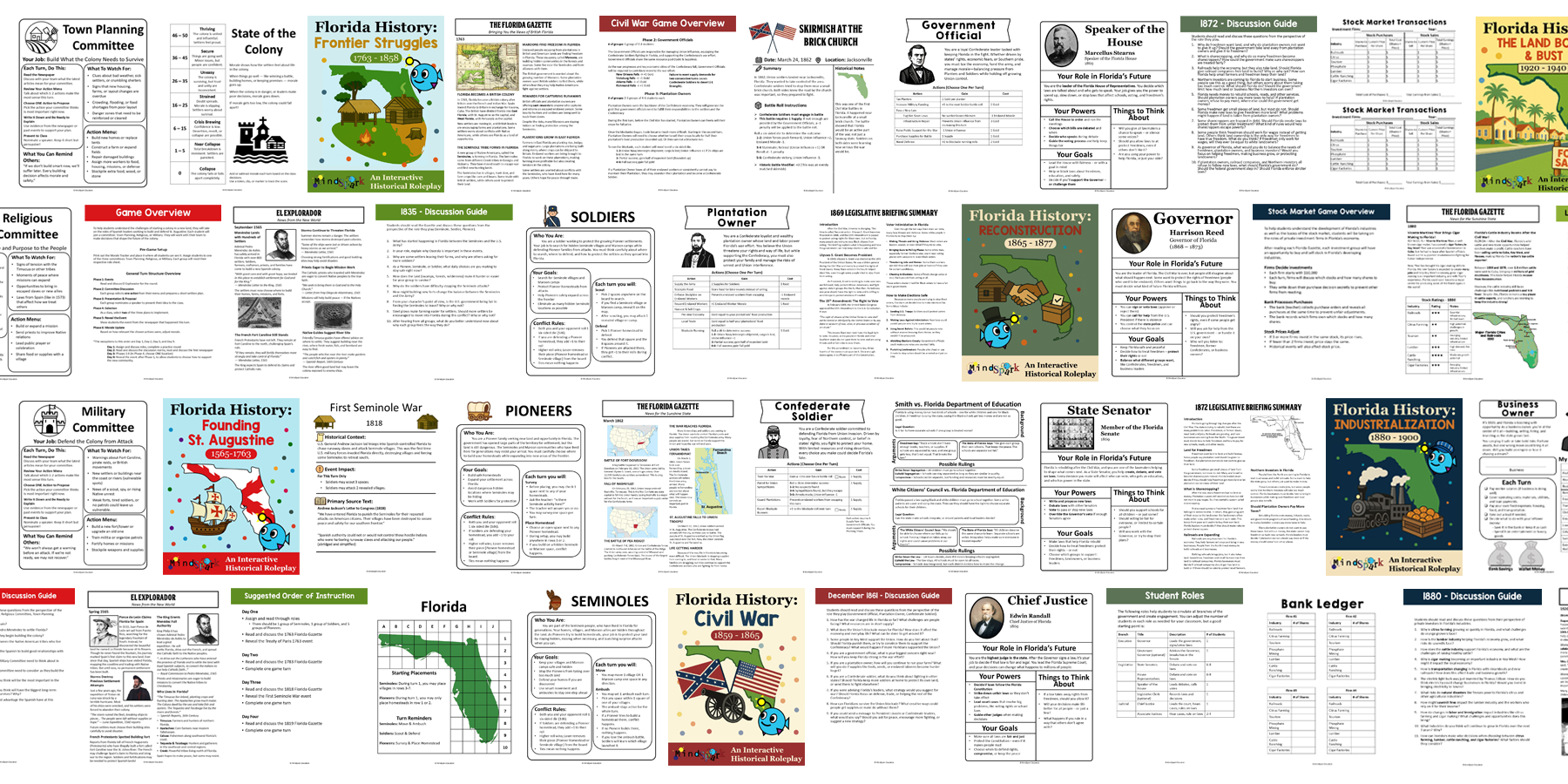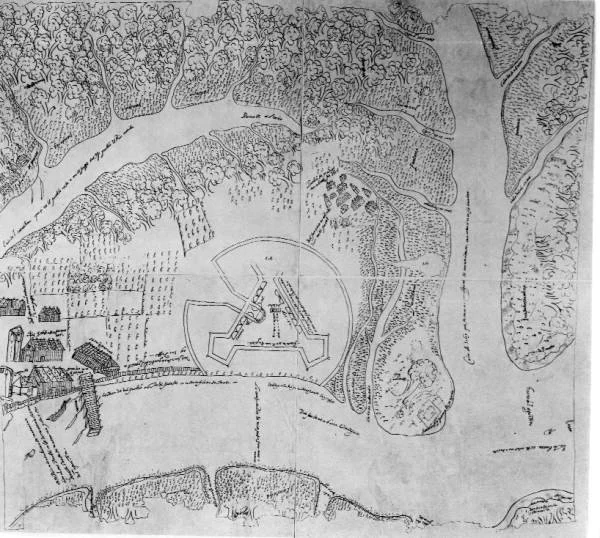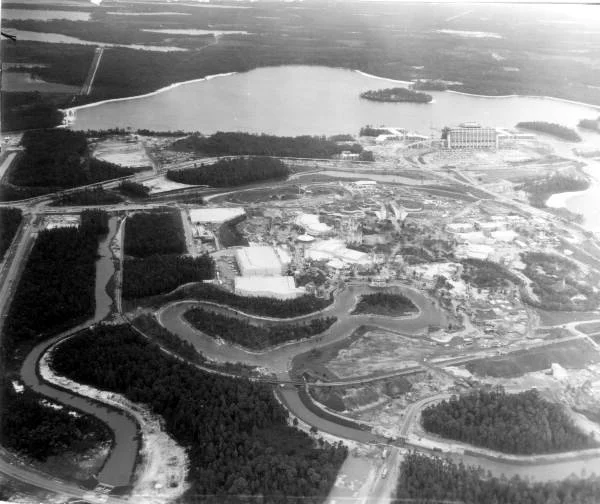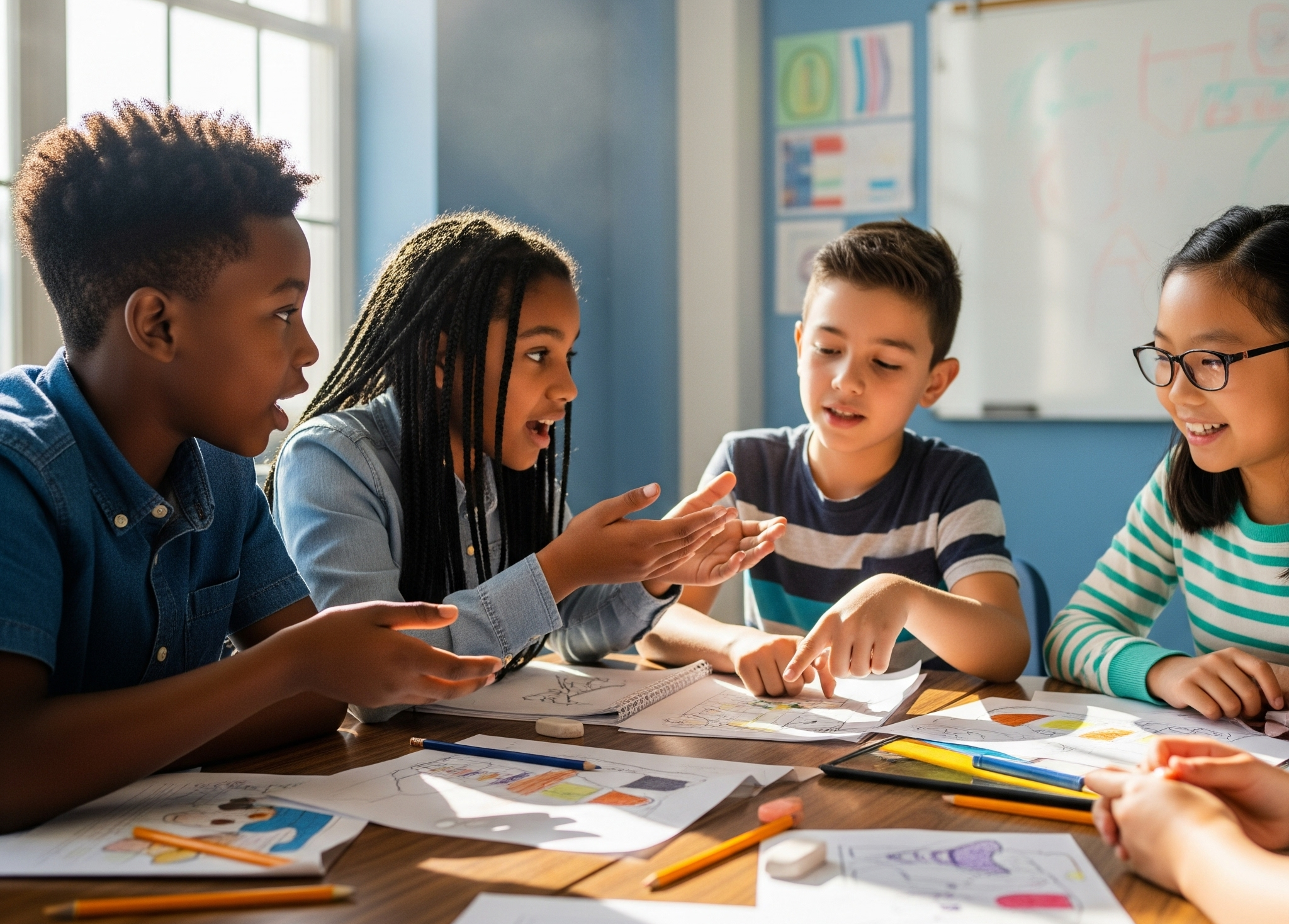From Bored to Begging for More History
See how role-play simulations transform reluctant learners into engaged historians.
The Problem Every Florida Teacher Knows
You open your social studies materials and sigh. Maybe it's another Studies Weekly "newspaper" with dry text and clip art that puts students to sleep. Maybe it's... nothing. Just you, a textbook from 2015, and the state standards you're somehow supposed to make exciting.
You've seen it happen. Eyes glaze over the moment you mention Pedro Menéndez. Students slump in their seats when you try to make the Seminole Wars relevant. They memorize facts for the test, then forget everything by next week.
Sound familiar? You're not alone. In districts across Florida, social studies gets the short end of the stick. While reading and math get comprehensive curricula, history teachers are left scrambling to piece together engaging lessons from whatever they can find.
Traditional history instruction treats students like passive observers of someone else's story. But fourth graders don't want to watch history—they want to live it.
Map of St. Augustine
The Solution: Step Into History
What if your students could become the explorers, the pioneers, the leaders who shaped Florida?
That's exactly what happens in our interactive simulations.
Students Become Historical Figures
Instead of reading about Pedro Menéndez and Spanish colonists, your students ARE those Spanish colonists setting out with Pedro Menéndez, making life-or-death decisions about where to establish St. Augustine. They don't just learn about Seminole resistance—they experience the impossible choices facing Chief Osceola. Every student takes on an authentic historical role with real stakes and meaningful decisions.
Aerial view of Disney World
Real Challenges, Real Stakes
Your classroom becomes 1565 St. Augustine or 1920s Miami. Students face the actual problems historical figures confronted: Where should we build our settlement? How do we survive the hurricane season? Should we accept this treaty or keep fighting? They use primary sources, collaborate with teammates, and discover that history is full of real people making difficult choices.
Deep Learning Through Experience
When students live through the founding of St. Augustine, they don’t forget it. When they take on the perspectives of different groups during the Seminole Wars, they grapple with the complex decisions that real people faced. When they become tourism tycoons in modern Florida, they strategize about how to attract visitors while balancing economic growth with environmental protection.
Students remember what they've argued about, strategized over, and lived through. They understand cause and effect because they've experienced the consequences of their choices. History stops being a list of dates and becomes a collection of human stories they've been part of.
Beaches and casinos in Miami Beach

What Teachers Get
(Everything You Need)
Complete Lesson Plans - Step-by-step guides with timing, materials lists, and facilitation tips. No guessing, no gaps, no extra planning time required.
Ready-to-Use Student Materials - Character cards, primary source documents, decision sheets, and role descriptions. Just print and teach.
Standards Alignment - Every simulation directly addresses Florida's 4th grade social studies standards with clear connections identified.
Differentiation Built In - Multiple roles accommodate different reading levels and learning styles. Advanced learners get complex decision-making roles while emerging readers get supportive team positions.
Teacher Implementation Guide - Clear instructions for setup, facilitation strategies, and tips for managing classroom discussions and activities.
The Results You’ll See
Watch reluctant learners become engaged historians. Students who usually avoid participation suddenly volunteer for roles. The kid who "hates history" asks if they can research more about their character. Quiet students join passionate debates about historical decisions.
Notice students asking for "more activities like that one." They'll beg to continue simulations past the designated time. They'll reference their simulation experiences weeks later in other subjects. They'll ask when the next historical role-play is happening.
See deeper thinking in action. Students make connections between past and present without prompting. They analyze multiple perspectives naturally. They ask "what if" questions that show true historical understanding.
Experience authentic engagement. Students stay focused for entire class periods. Classroom management becomes easier because everyone is invested in their roles. Learning happens organically through meaningful interaction.
Watch knowledge stick. Students remember historical facts because they lived through the events. They understand cause and effect because they experienced the consequences. Complex concepts become clear through hands-on experience.
See It In Action
Ready to transform your
social studies block?
Start with our first simulation and watch your students come alive with curiosity.








